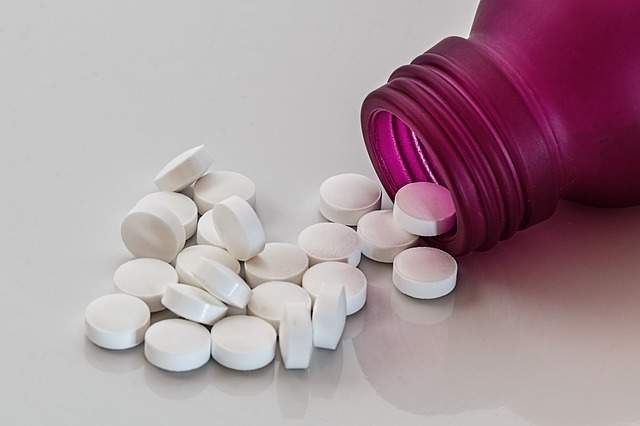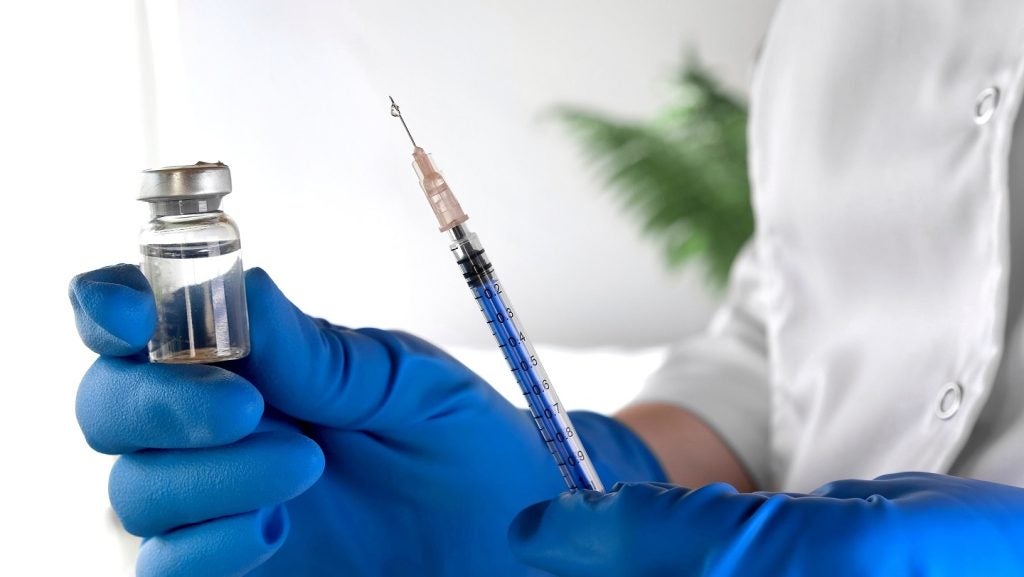
The European Medicines Agency (EMA) has accepted Sanofi’s application to review its drug Dupixent (dupilumab) as an add-on maintenance treatment in patients aged 12 years and older with inadequately controlled moderate-to-severe asthma.
Dupixent, a human monoclonal antibody, is designed to inhibit signalling proteins interleukin-4 (IL-4) and interleukin-13 (IL-13). These two cytokines play a significant role in Type 2 inflammation in inadequately controlled moderate-to-severe asthma.
Sanofi’s application follows positive results from three pivotal trials in the LIBERTY ASTHMA clinical development programme, which enrolled a total of 2,888 participants. Results from two of these trials, the Phase III QUEST and VENTURE studies, are due to be presented in May at the American Thoracic Society 2018 International Conference.
Inadequately- controlled moderate-to-severe asthma is characterised by an imbalance or overactivity of certain immune cells and signalling proteins, and is often associated with other Type 2 inflammatory diseases. Symptoms include impaired lung function and severe attacks which may end in hospitalisations. Treatment options are currently available, but they are limited for patients who experience decreased breathing ability, severe attacks, long-term oral corticosteroid use and poor quality of life.
The US Food and Drug Administration (FDA) is currently reviewing a supplemental Biologics License Application for Dupixent as an add-on maintenance treatment for those with moderate-to-severe asthma, with a target action date of 20 October 2018.
Dupixent is currently licensed in the EU, Canada, Japan and Australia as a treatment for adults with moderate-to-severe atopic dermatitis (eczema) who are candidates for systemic therapy. The drug is also approved in the US as a treatment for adults with eczema that is unresponsive to prescription therapies used on the skin (topical), or when those therapies are not advisable.
How well do you really know your competitors?
Access the most comprehensive Company Profiles on the market, powered by GlobalData. Save hours of research. Gain competitive edge.

Thank you!
Your download email will arrive shortly
Not ready to buy yet? Download a free sample
We are confident about the unique quality of our Company Profiles. However, we want you to make the most beneficial decision for your business, so we offer a free sample that you can download by submitting the below form
By GlobalDataDupilumab is currently being investigated by Sanofi and Regeneron in a range of clinical development programs for diseases associated with Type 2 inflammation, including paediatric atopic dermatitis (Phase 3), nasal polyps (Phase 3) and eosinophilic esophagitis (Phase 2).
There remains an unmet need for severe asthma treatments, and in the past year there have been increased efforts to develop effective therapies. However, aside from Regeneron few companies have reported positive data from for potential drug candidates.
In January of this year, Teva Pharmaceuticals announced the failure of its Phase III study of subcutaneously administered reslizumab in patients with oral corticosteroid (OCS)-dependent asthma. The study did not meet its primary endpoint of significantly reducing the frequency of clinical asthma exacerbations (CAEs) in patients with uncontrolled asthma and elevated blood eosinophils.
Similarly, in November 2017 AstraZeneca announced the failure of its two Phase III clinical trials examining anti-IL-13 monoclonal antibody tralokinumab in patients with severe, uncontrolled asthma. In the first trial, STRATOS 2, the compound did not reach its primary endpoint of significantly decreasing the annual asthma exacerbation rate (AAER) compared to placebo. Tralokinumab also failed to reach its primary endpoint in the second trial, TROPOS, of significantly decreasing oral corticosteroid (OCS) use.
Roche reported mixed results from its two identical Phase III trials of IL-13 inhibitor lebrikizumab in March 2016, with one trial succeeding and the other failing. A summary from the trials concluded lebrikizumab was not “‘sufficient to provide clinically meaningful improvements in reducing asthma exacerbations”’, and the drug was sold as part of a deal with Dermira in August 2017.







